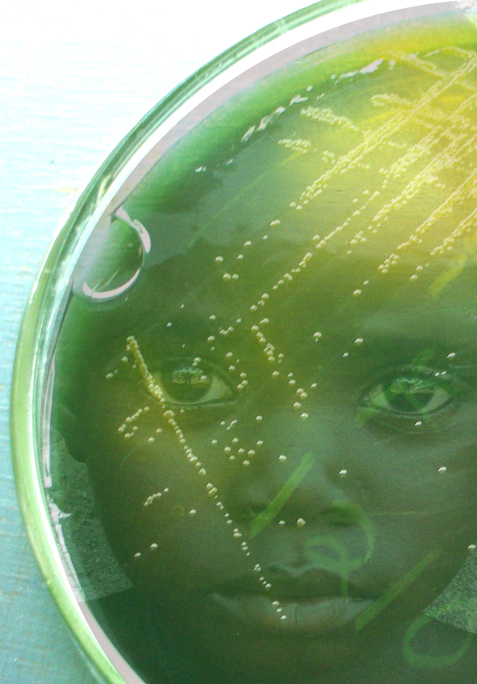Ebola in "hard" basket as Australia keeps evading

UPDATE 23/10: A Senate hearing has heard from the Department of Foreign Affairs and Trade that the UK and the US have asked Australia to send personnel to help in the fight against Ebola.
The UK asked Australia to send personnel to Sierra Leone, while the US asked for personnel to support Liberia.
The request from the British was in a letter from the British High Commissioner to Australia, Paul Madden, to Australian Foreign Affairs Minister Julie Bishop in September.
The US requested Australia send people to help in Liberia during meetings with the Australian Embassy in Washington in early October.
The revelation compounds concerns that Australia is shirking its responsibility to fellow humans, claims backed by deputy opposition leader and foreign affairs spokesperson, Tanya Plibersek.
ORIGINAL: Calls are coming from home and abroad while the Australian Government continues to hold back from full commitment to fighting the Ebola outbreak.
As the country remains focused on border disputes, cultural and ideological conflicts, thousands die at a rate that continues to increase.
The Ebola outbreak would be easier to ignore if not for the advent of international communications, but in this age we are directly connected to all parts of the world through travel and the transfer of information.
Still, the Australian Government’s response has been to secure its own immediate area, as though it is not connected to and somehow can avoid the issues of the African continent.
Liberian president Ellen Johnson Sirleaf has composed an audio message to all countries, asking for help to fight the virus.
She warned that the disease respects no borders.
“This fight requires a commitment from every nation that has the capacity to help, whether that is with emergency funds, medical supplies or clinical expertise,” President Sirleaf said.
Eurpoean leaders will soon step up their responses.
British officials says the total contribution by the EU nations so far sits at around 500 million euros ($AUD 730 million) — about 160 million euros of which is from Britain.
British Prime Minister David Cameron said at a recent meeting that this should be doubled to 1 billion euros.
Australia’s shadow foreign affairs spokesperson Tanya Plibersek has told the ABC that while money is still helpful, it is not enough.
“President Obama, Prime Minister Cameron, the World Health Organisation (WHO), the United Nations have all said ... that money is fine but what's really needed are expert medical personnel, supplies and equipment,” she said.
“We were briefed at the beginning of October about all of the impediments to Australia sending volunteers to West Africa to assist to get this virus under control and, in the week subsequent, it appears the Government has made little to no effort to overcome those impediments.”
Health Minister Peter Dutton and Foreign Minister Julie Bishop are sticking to the line that sending Australian medical teams to Ebola-affected areas would be "irresponsible", as experts do not believe anyone who caught the virus would be able to survive the 30-hour evacuation flight.
There is a push for the Government to liaise with European countries and arrange alternative evacuation procedures, but it still appears that no progress has been made in this area.
Federal Agriculture Minister Barnaby Joyce this week backed the Government's position, saying anyone who helps at the moment does so at their own risk.
“If people wish to go - and there are a lot of Australians who do go - then that is their right,” he said.
“But when it becomes the endorsement of the Government it obviously carries a guarantee that the Government has the capacity to deal with the disease if you catch it. Australia does not have that capacity.”
The Health Minister says he has had talks with a research group working on treatments, but no official Australian helpers will be sent just yet.
“I've had discussions with the Gates foundation and also with CSL, the great Australian company, about work that we may be able to partner in,” Mr Dutton told the ABC.
“That would require financial support from the Australian Government and we would be of the mind to support that financially if we believe that it's going to make a tangible difference to people on the ground.”







 Print
Print